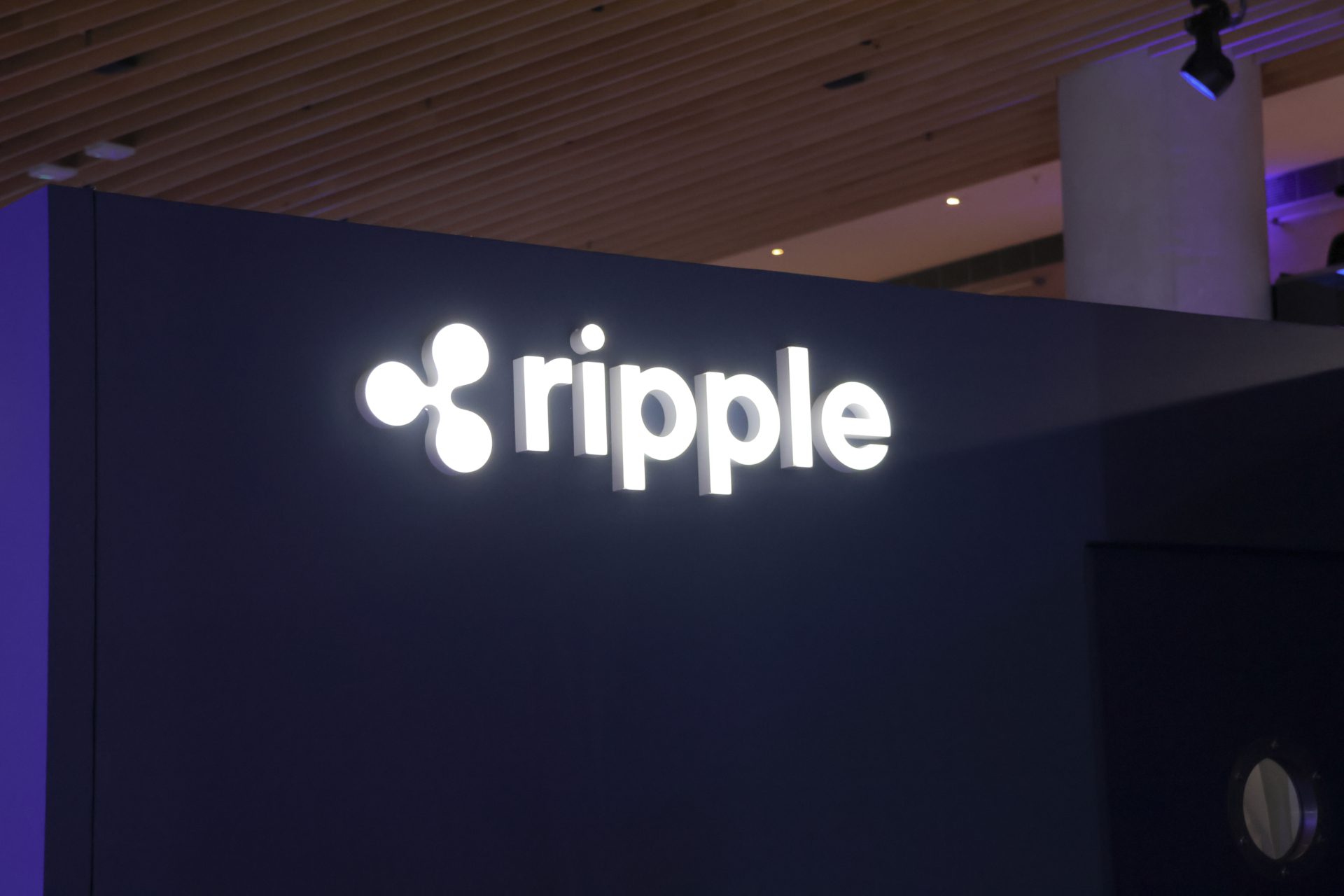| Dr. Le Thi Thuy Van, Vice President of the National Institute for Finance, Ministry of Finance |
Vietnam’s Growing Regulatory Framework for Crypto Assets
As Vietnam rapidly embraces digital transformation, the surge in cryptocurrency ownership presents both opportunities and challenges. In 2024, the country ranked fifth globally for cryptocurrency ownership, with significant inflows of around $120 billion in crypto and virtual assets just between July 2022 and June 2023. These stats highlight the increasing importance of developing a robust legal infrastructure to ensure the responsible use of these digital assets.
The Rising Need for Regulatory Measures
With the rise of new technologies and tokens, the country faces sophisticated challenges in regulatory practices. The anonymity and global nature of cryptocurrencies complicate anti-money laundering (AML) efforts, prompting lawmakers to look for models from other countries. For instance, South Korea’s regulatory framework includes stringent requirements for virtual asset service providers (VASPs) to ensure compliance with AML standards, demonstrating a global trend towards more robust regulations.
Adapting International Standards to Local Contexts
In an effort to align with international best practices, Vietnam’s legal framework is evolving to include provisions that specifically address virtual assets and their potential use in money laundering and other illicit activities. The financial authorities are exploring amendments to existing laws on commerce and taxes to restrict the use of cryptocurrencies in transactions, which would address ongoing concerns regarding financial crimes.
Government Action Plan Against Financial Crimes
In response to being placed on the FATF grey list, the Vietnamese government introduced a national action plan detailing steps to enhance AML measures, seeking to fortify protections against financial crimes. This includes the assignment of the Ministry of Finance (MoF) to create a legal framework regulating virtual assets, with a deadline established for May 2025.
Learning from Global Trends
Vietnam is not alone in grappling with how to regulate innovative digital currencies. Countries like Singapore and Japan have enacted substantial frameworks. Singapore’s Payment Services Act provides clarity on digital payment tokens, while Japan’s amendments to its Payment Services Act have similarly strengthened its regulatory stance. These examples offer valuable insights as Vietnam looks to craft its crypto legislation.
The Future of Cryptocurrency in Vietnam
As Vietnamese financial institutions increasingly recognize the importance of digital assets, the country’s banking sector stands at a critical juncture. The push towards innovation and regulation must come with effective risk management strategies, focusing on customer due diligence and compliance training. This balanced approach will not only protect investors but also facilitate the development of a thriving digital economy.
Conclusion: Transitioning Towards Responsible Crypto Practices
The evolution of Vietnam’s regulatory landscape for crypto assets reflects a significant commitment to safeguarding its financial future. As innovative technologies continue to disrupt traditional financial systems, the groundwork being laid today will have lasting impacts, from fostering economic growth to enhancing investor protection. The proactive measures being implemented signify not just preparation for a digital economy, but also an effort to navigate the complexities associated with it responsibly.



